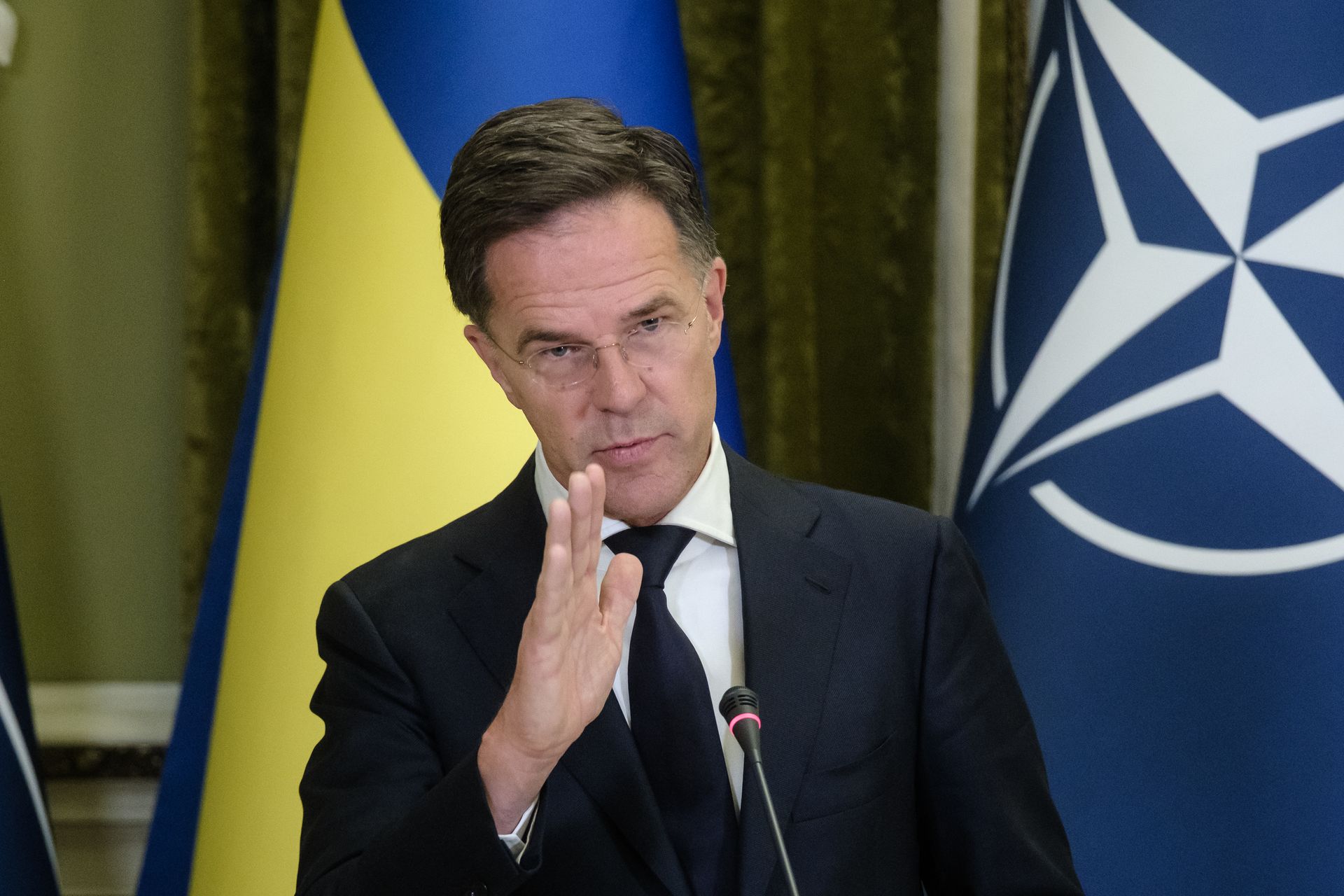EU renews Russia sanctions despite pushback from Hungary, Slovakia

The European Union agreed on Sept. 12 to extend sanctions for another six months against more than 2,500 individuals and entities accused of supporting Russia’s full-scale invasion of Ukraine and undermining its sovereignty and territorial integrity.
The sanctions list includes President Vladimir Putin, Foreign Minister Sergey Lavrov, top military officials, lawmakers, oligarchs, propagandists, mercenaries, and individuals responsible for the abduction of Ukrainian children from occupied territories—a war crime for which Putin is wanted by the International Criminal Court.
EU ambassadors approved the extension during a meeting in Brussels, as confirmed by the Danish presidency of the EU Council. The talks went down to the wire, narrowly avoiding the legal deadline of Sept. 15.
The main source of delay came from Hungary and Slovakia, which requested the removal of certain names from the blacklist. While no individuals were removed for political reasons, an unspecified number of entries were taken off for technical reasons. Earlier this year, Hungary succeeded in having three individuals delisted.
The Danish presidency also proposed changing the renewal process to a 12-month cycle to reduce the potential for veto-based delays. That proposal was ultimately rejected, leaving the six-month renewal schedule intact.
Hungary and Slovakia have regularly used their veto power during sanctions discussions, often to extract concessions—a practice that has frustrated several other EU member states. While both countries have criticized sanctions policy, they have so far stopped short of blocking sanctions entirely.
The EU had previously attempted to introduce a 12-month sanctions framework to shield Russia’s €210 billion in frozen assets from similar veto threats. That effort also failed.
The decision to extend existing measures comes as Brussels and Washington coordinate efforts to intensify pressure on the Kremlin. While the U.S. pushes for punitive tariffs on Russian oil buyers like China and India, the European Commission is finalizing a 19th package of sanctions. That round is expected to include measures targeting Russia’s "shadow fleet" and companies facilitating sanctions evasion.
The EU has also reiterated its pledge to phase out Russian fossil fuels by the end of 2027.











